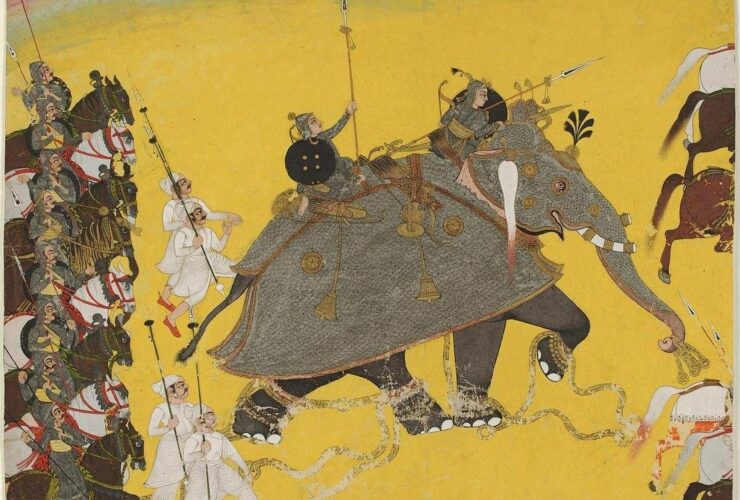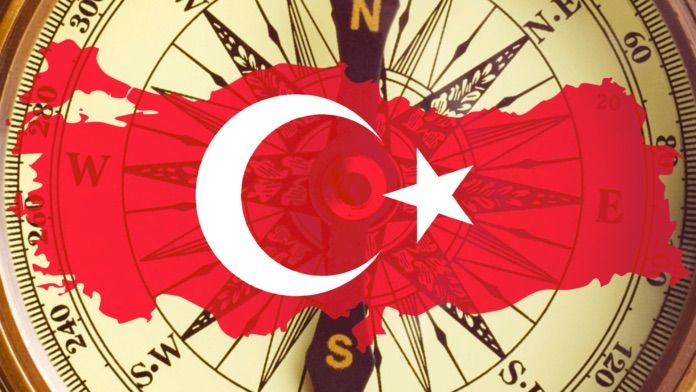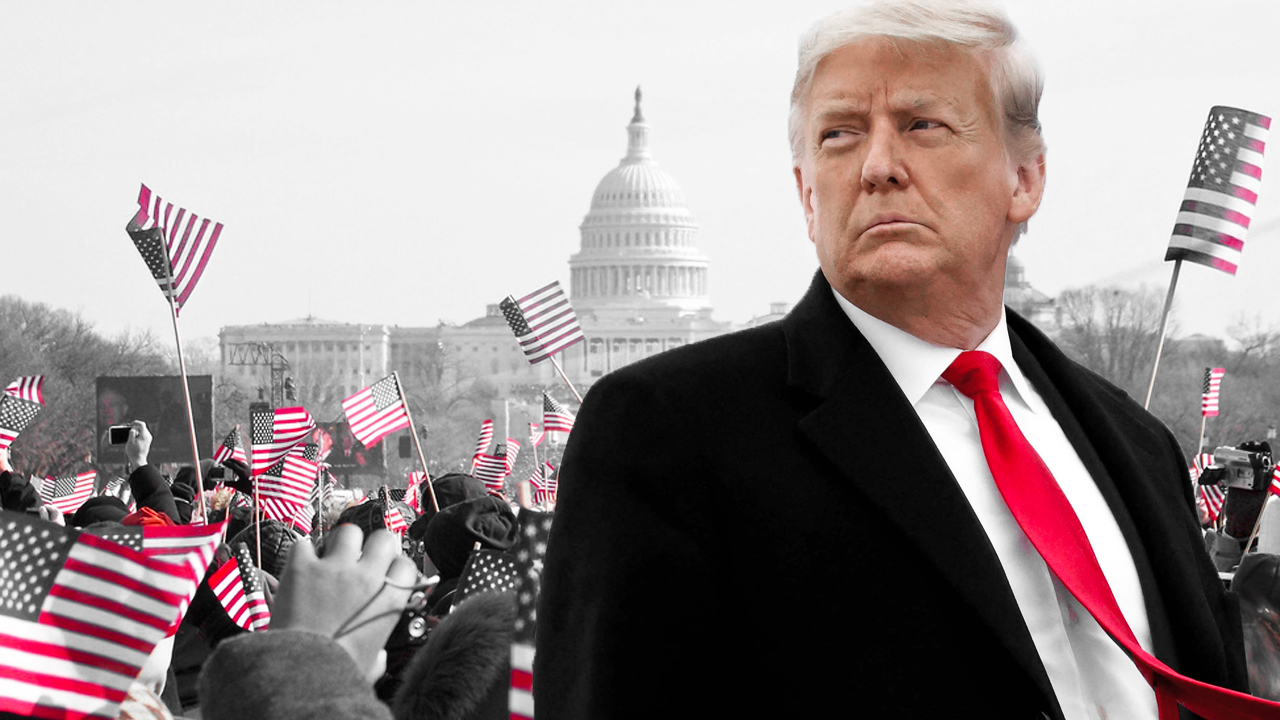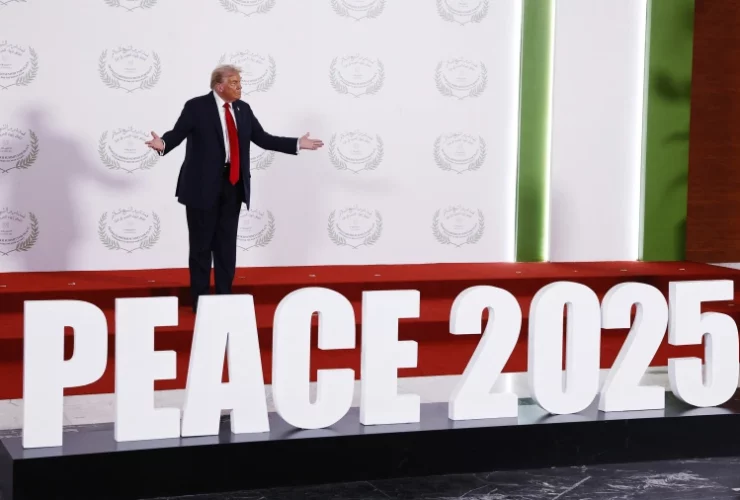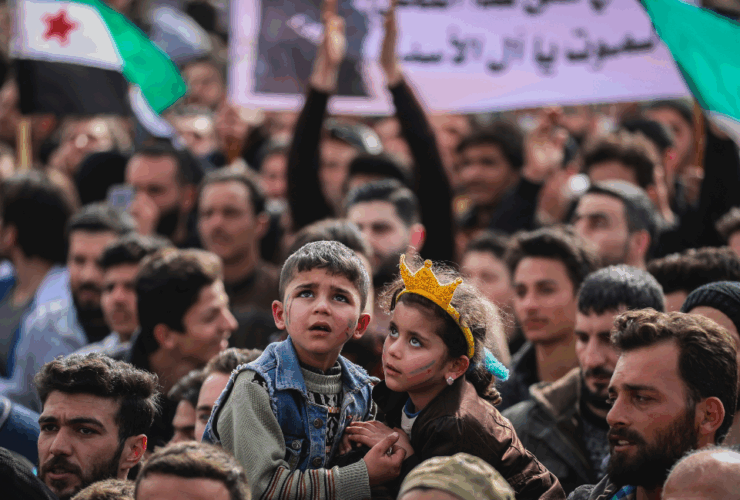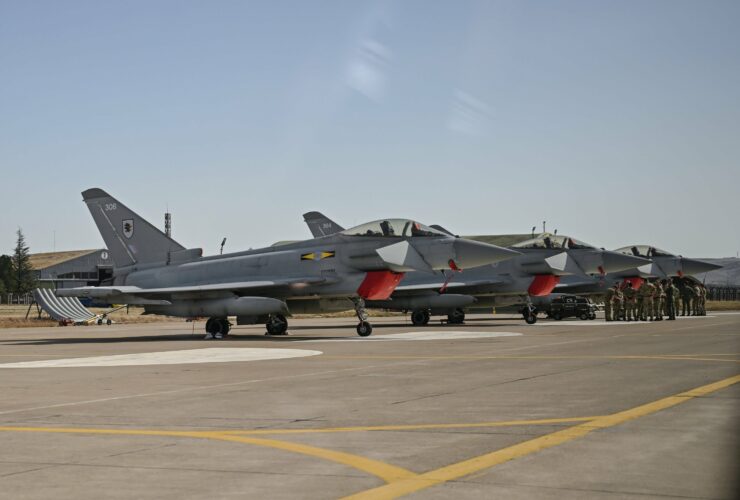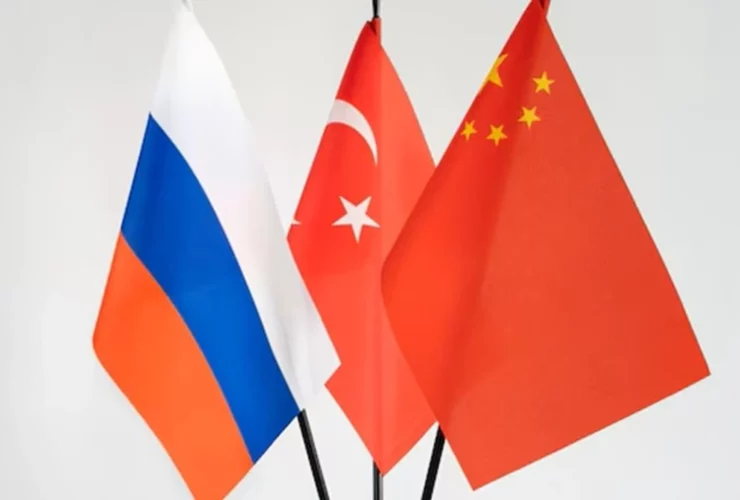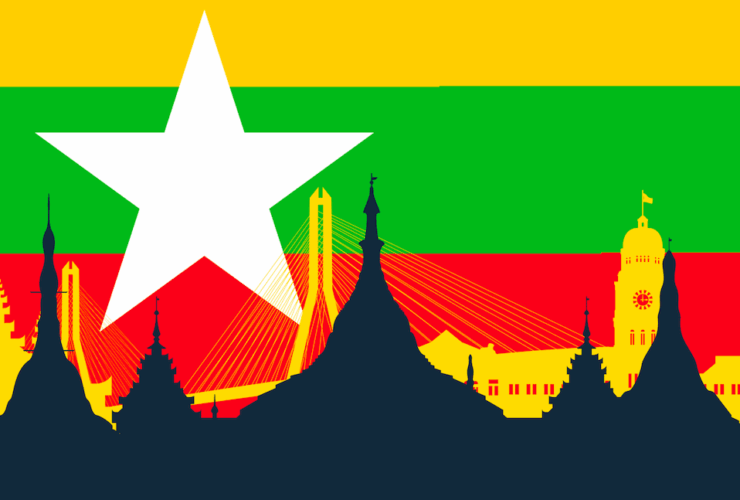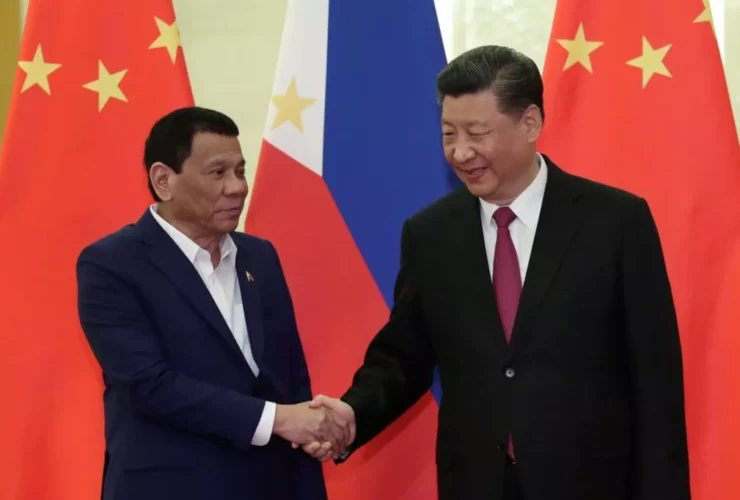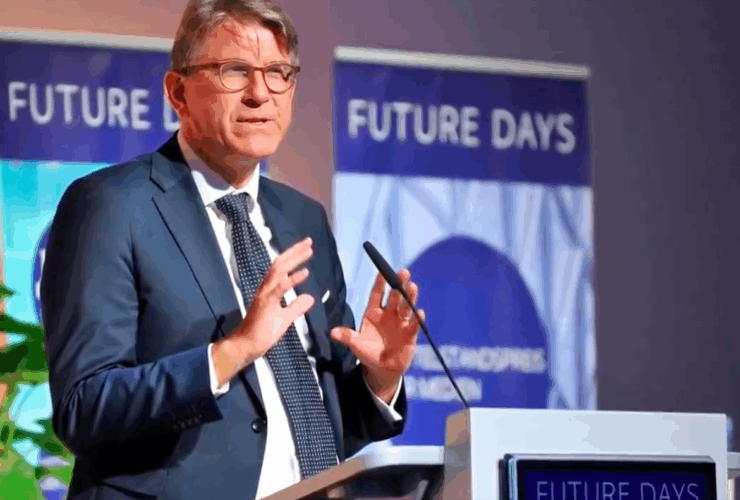India… A leading actor in the new world order whose birth pangs are shaking the globe… Therefore, every step it takes in foreign policy is closely followed. I discussed India’s foreign policy aligned with the US, Russia, China, and BRICS, the trade agreement signed between India and the US, and the allegations that India has ended its oil purchases from ...
By Adem Kılıç, Political Scientist The global arena is facing the reality that the liberal order, which has dominated for decades and was established after the Second World War, has collapsed, and that the Western countries that owned this order, primarily the United States, can no longer control the crises. While the US struggles to maintain its global leadership capacity, ...
By Adem Kılıç, Political Scientist The US recently published its new ‘National Security Strategy Document,’ which sets out its defense and foreign policy direction. Although the strategy document emphasizes the Trump administration’s global perspective and non-interventionist policies centered on ‘regional dominance’ and ‘the nation-state concept,’ the world is witnessing the almost complete opposite of these statements being implemented on the ...
By Adem Kılıç, Political Scientist/Writer With US President Donald Trump’s second term in office, the world has entered a new and significant period of chaos. Of course, there was chaos before the Trump era. However, the chaos brought about by Trump is rapidly taking its place in history as a different reality, emerging in line with the ‘peace through strength’ ...
By Mohammad Reza Moradi, General Director of Mehr News Agency’s Foreign Languages and International News Department The recent trip of Ahmed al-Sharaa, the President of Syria, to the United States and his meetings with officials of that country have placed a serious question before Syria’s foreign policy: should Damascus enter a new path of engagement with Washington, or should it ...
By Adem Kılıç, Political Scientist The radical transformations Türkiye has undergone over the last two decades have undoubtedly stood out as its own axis-based foreign policy approach, its approach to being a country that produces impact rather than reacts to impact, and the breakthroughs it has made in the defense industry. Just 20 years ago, Türkiye was 87% dependent on ...
By Mehmet Enes Beşer The promise of a “New Malaysia” first captured global attention in 2018, when a surprise electoral upset ended sixty-two unbroken years of Barisan Nasional coalition government. Pakatan Harapan coalition win—and return to politics of veteran politician Mahathir Mohamad—was welcomed as a democratic victory, a harbinger that Malaysia was poised to redefine itself politically, economically, and diplomatically. ...
By Orçun Göktürk, from Beijing / China The call by Nationalist Movement Party (MHP) Chairman Devlet Bahçeli for a “Türkiye-Russia-China alliance” should be recorded as an important turning point on Türkiye’s foreign policy agenda. Bahçeli’s proposal of a “TRC” (Türkiye-Russia-China) axis against the US-Israel-centered coalition must be regarded as a strategic orientation directly concerning Türkiye’s geopolitical future. The Alliance Must ...
By Mehmet Enes Beşer Myanmar’s foreign policy, as with so much of its post-colonial foreign relations, exists in the periphery of paradox: bound by core dicta of non-alignment, sovereignty, and non-interference and dictated more and more by necessity, isolation, and flexible allegiances. Following the February 2021 military coup, when the democratically elected Aung San Suu Kyi administration was ousted and ...
By Adem Kılıç, Political Scientist The world is going through a transition period in which the global order is now recognized as multipolar and the hegemony of the West, including the US, is disappearing. In this transition period and in the global arena, where numerous crises ranging from the Russian-Ukrainian war to the Israeli-Palestinian war, from tensions in Africa and ...
By Mehmet Enes Beşer The Philippines has long been one of America’s most devoted friends in Asia. Bonded through history, defense relations, and mutual strategic stakes in the Indo-Pacific, Manila has come to be painted as an outstation of the American regional order. Yet, in a changing, rapidly evolving geopolitics, the wisdom of this dependence is increasingly called into question. ...
Following the recent federal elections, the new German government and its cabinet of ministers is expected to be announced soon. Meanwhile, the country’s expected new chancellor Friedrich Merz has already pushed forward with a further militarization of the economy. Now, one of the expected ministers, Wolfram Weimer, responsible for culture and media, sparks debate in the country due to his ...







